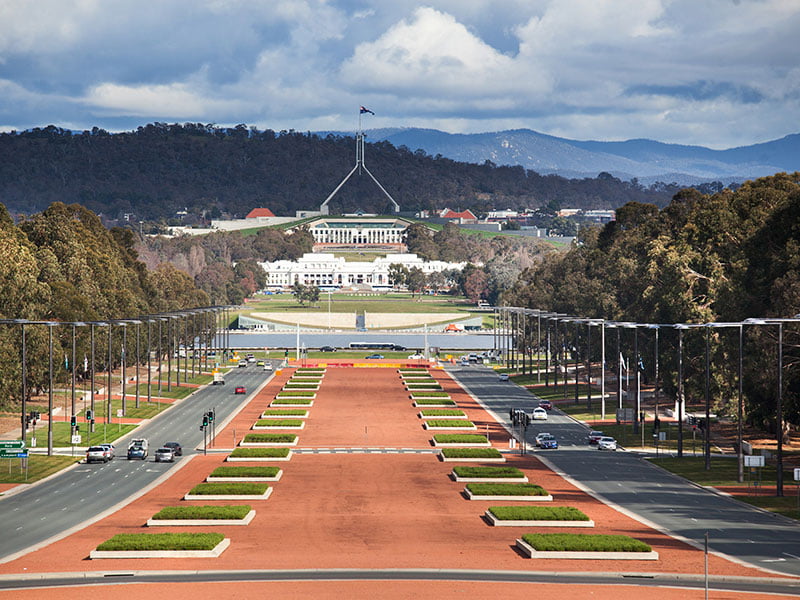The Australian Data and Digital Council of state and federal ministers has agreed to streamline the way data is shared between jurisdictions and has committed to investigating “affordability options” for a new digital inclusion regime to ensure all Australians have access to online services.
But the future of the council itself is under a cloud in the wake of plans announced on Friday to replace the Council of Australian Governments (COAG) structures with the National Cabinet framework that has proved so effective during the coronavirus crisis.
The Australian Data and Digital Council (ADDC) was established less than a year ago as one of the newest sub-committees set up under COAG having been elevated to full ministerial council status last August. It had been tasked with more urgently establishing national API standards for securely exchanging data between jurisdictions and outside third parties.
Prime Minister Scott Morrison on Friday outlined new arrangements for cooperative arrangements between the federal government and the states and said the current roster of COAG councils and forums would be reset and consolidated.

It is not clear where the data and digital services agenda sits as a priority within that new National Cabinet. The ADDC played a key role in getting agreement between government on the roll-out of the COVIDSafe app and is central to improving digital government services.
Of the “long list” of Mnisterial reforms and regulatory councils that exist within COAG, no decisions had yet been made about which would be retained and in what form, the Prime Minister said on Friday.
“Those forums will be consolidated and reset. Ministers will consider the value of each of those and I suspect we’ll see many of them no longer be required,” Mr Morrison said. “It’s important that Ministers at state and federal level talk to each other but they don’t have to do it in such a bureaucratic form with a whole bunch of paperwork attached to it.”
“They come together to solve problems, deal with issues and move on. They should talk to each other because they find value in it, not because of the requirements of some sort of bureaucratic process,” he said.
Meanwhile the ADDC met on Friday and “discussed the importance of having access to accurate and timely data when making decisions” and agreed to continue to work together to identify data needed to answer specific policy questions.
“Data sharing is advancing, with careful consideration being given to relevant protections, including to the privacy of Australians,” the ministers said in a communique issued after the meeting.
The ministers agreed to conduct a feasibility study on affordability options for Australians at risk of digital disadvantage – to improve access to government services online and by telephone – as a priority collaborative digital inclusion initiative.
“[The] ministers acknowledged the importance of the digital transformation of government services reaching the whole community, to ensure no one is left behind by the digital divide,” the communique said.
“Affordability, along with digital connectivity, skills, and service design, are significant factors of the digital divide. Low income, lack of employment, and low education are considered significant contributing factors to digital disadvantage and prevent people from using critical digitally enabled government services.”
The ADDC ministers have also discussed the ongoing development of the digital identity platform and its potential for further alignment and interoperability between all levels of government systems.
Do you know more? Contact James Riley via Email.

